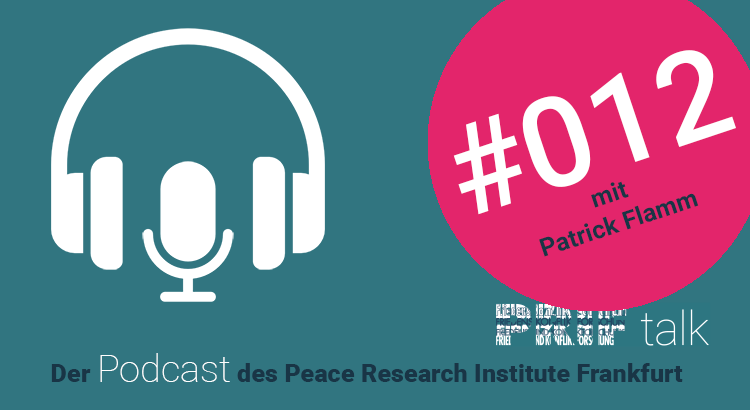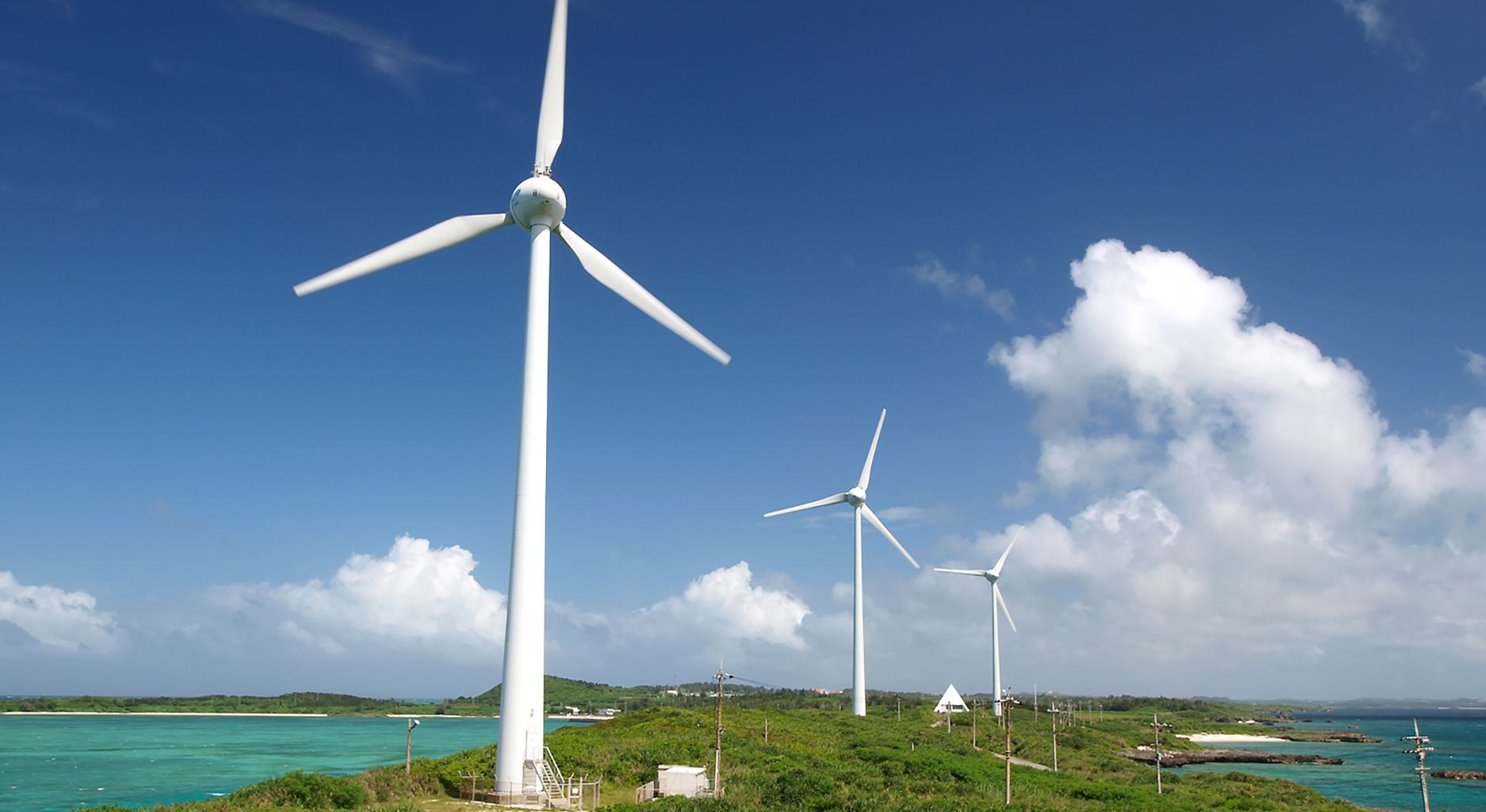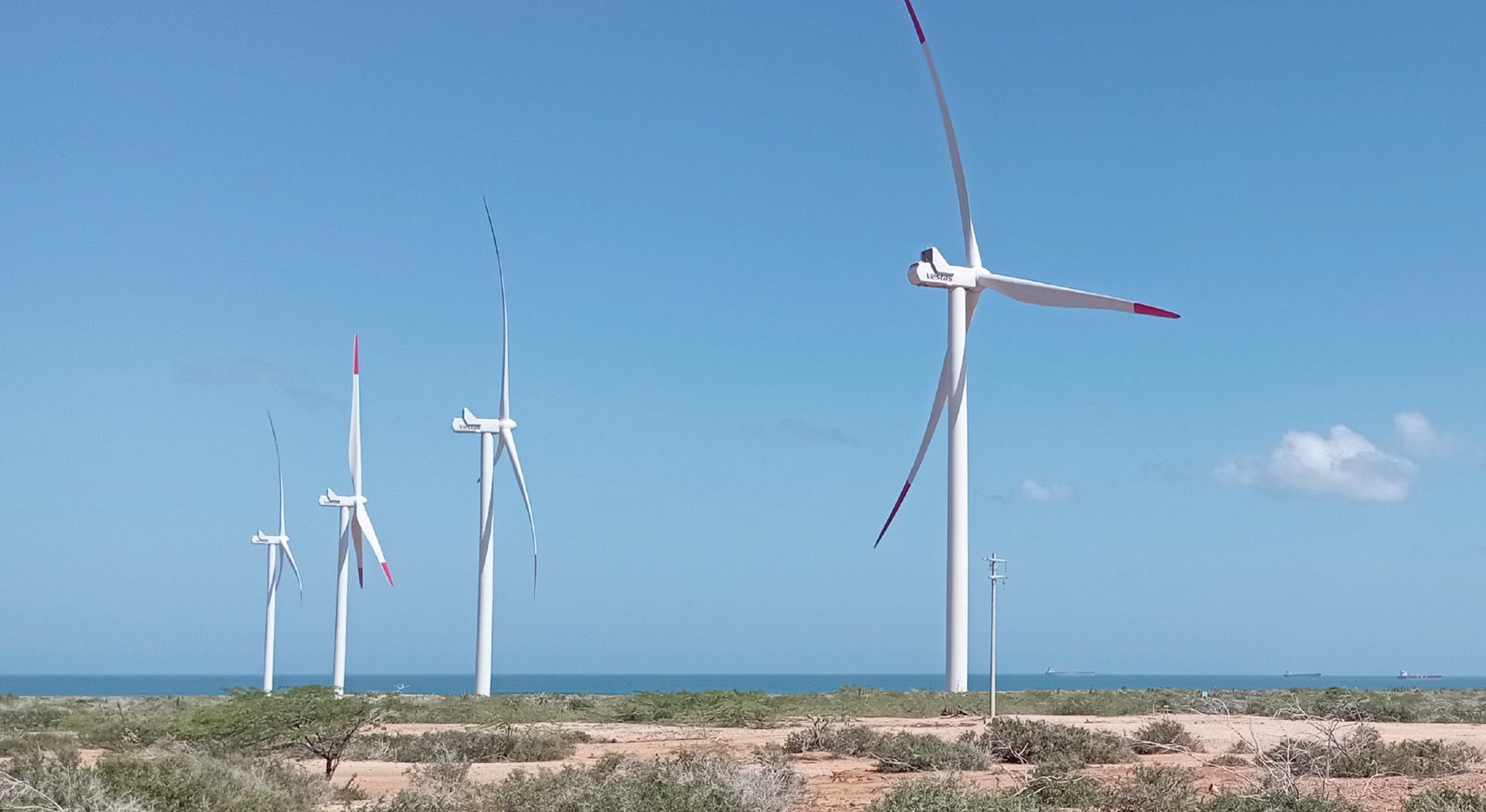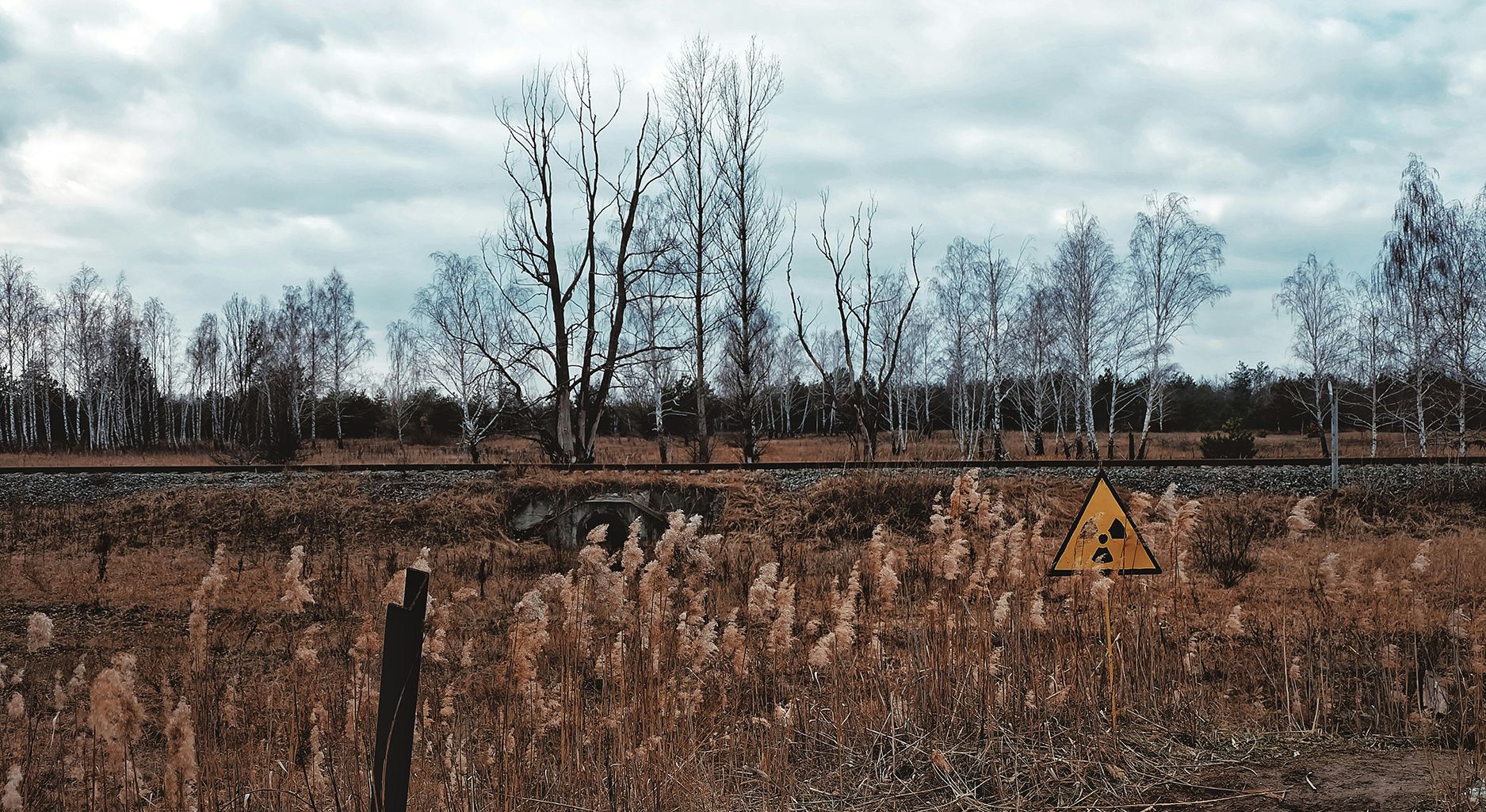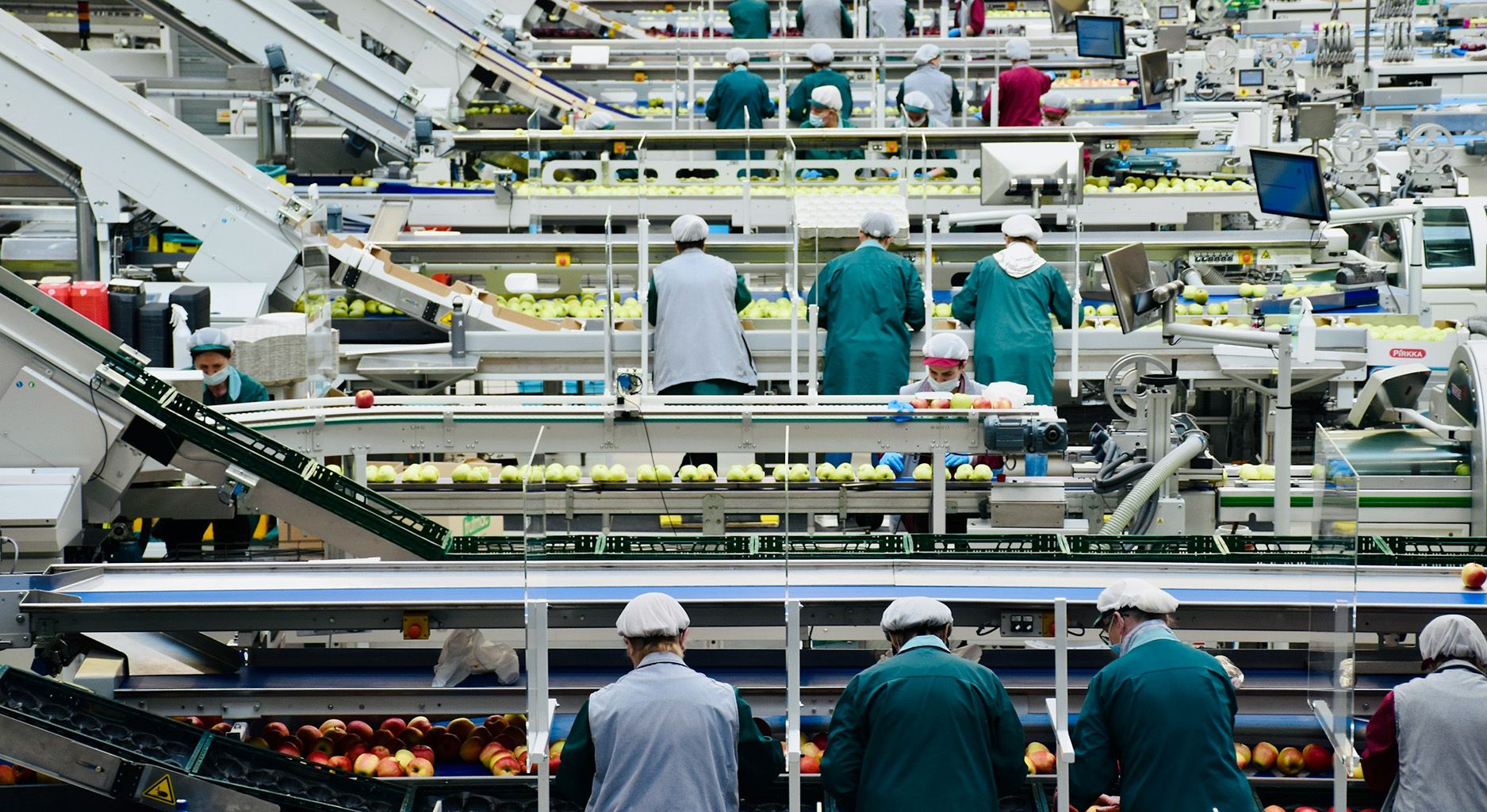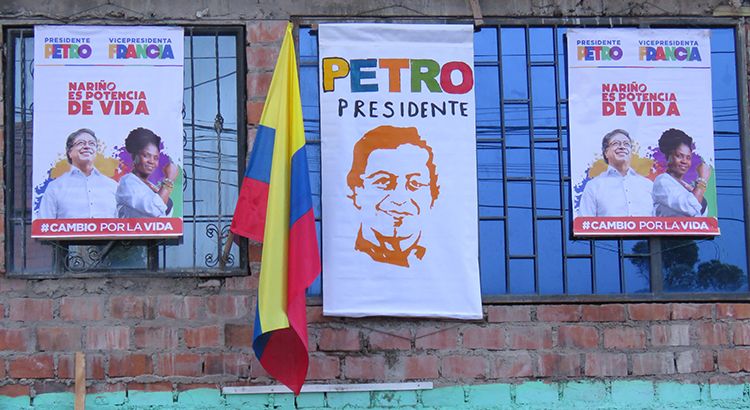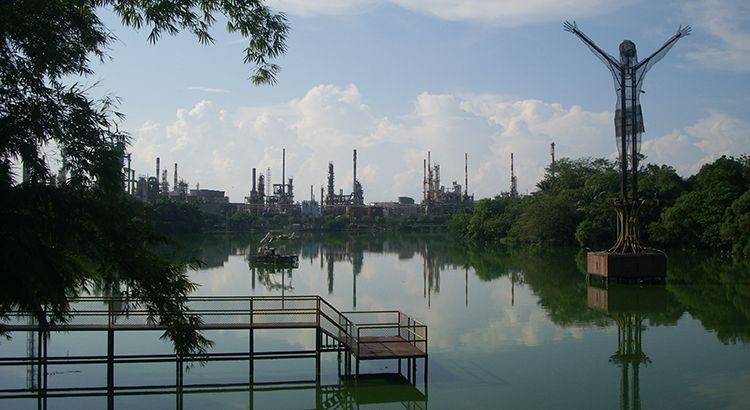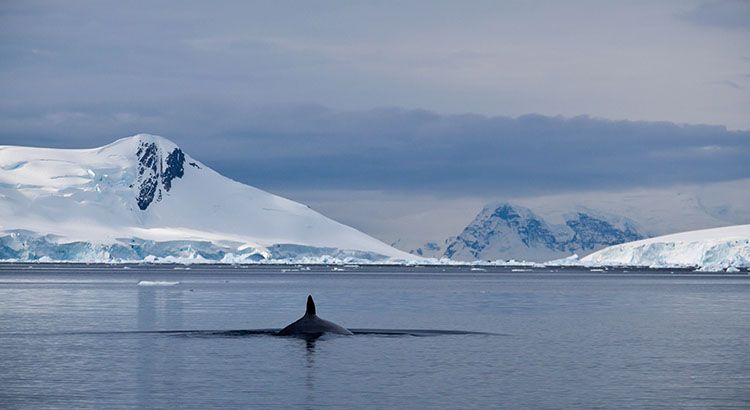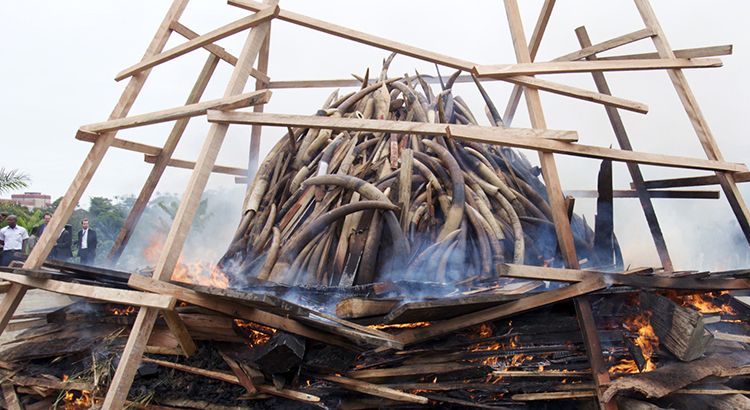PRIF talk #012 // Klima und Konflikt im Anthropozän
Eisschilde schmelzen, Plastik findet sich in den entlegensten Ecken der Erde und Arten sterben: Längst sind Klima- und Umweltkrisen nicht mehr nur Kulisse politischer Konflikte, sondern führen zu Unsicherheit und Konflikten und bedrohen Existenzen. Patrick Flamm leitet eine neue Forschungsgruppe zu den Zusammenhängen zwischen Ökologie und Konflikt. In der neuesten Folge des PRIF talk taucht er ein in das Anthropozän – das Zeitalter, in dem der Mensch zum langfristig prägenden Faktor der Erde geworden ist. Im Gespräch erklärt er, warum die Forschung zur Verbindung zwischen Umwelt und Sicherheit wichtig ist und wie eine nachhaltige Friedenspolitik im Zeitalter des Anthropozäns aussehen könnte.
Patrick Flamm ist Leiter der Forschungsgruppe Ökologie, Klima, und Konflikt sowie Senior Researcher am PRIF im Programmbereich Internationale Sicherheit. Seine Forschung konzentriert sich auf das Verhältnis zwischen Umwelt, Frieden und Sicherheit im „Anthropozän“ sowie auf polare Geopolitik.
*Shownotes*
- Forschungsgruppe Ökologie, Klima, und Konflikt
- PRIF Spotlight 02/2025 Confronting Antarctic Security – Patrick Flamm, Tom Lord
- Nirgends und doch überall: Klimapolitik ist Sicherheitspolitik ist Wirtschaftspolitik – Patrick Flamm, 2024
- ‘Ice sheet conversation’ and international discord: governing (potential) glacial geoengineering in Antarctica – Patrick Flamm and Shibata Akiho, 2024
- Space sustainability through atmosphere pollution? De-orbiting, atmosphere-blindness and planetary environmental injustice – Patrick Flamm, Daniel Lambach, Urs Schaefer-Rolffs, Claudia Stolle, Vitali Braun, 2024
- PRIF talk #011 // Forschung als Sicherheitsrisiko?
- Blogreihe Socio-ecological Transformation Conflicts
Social Media:
